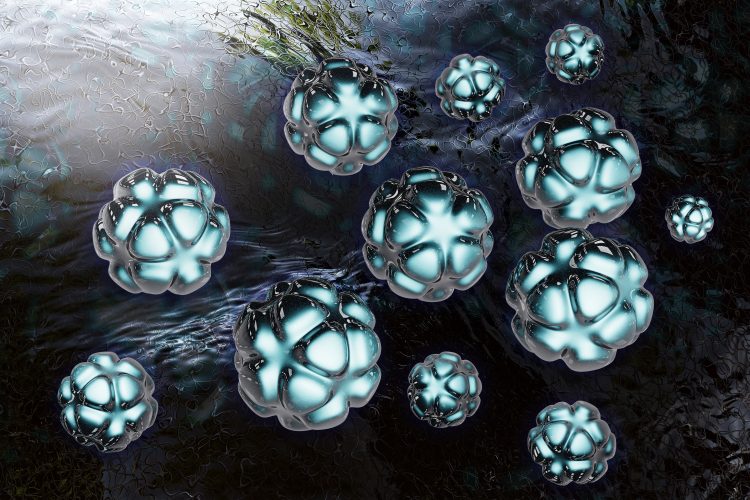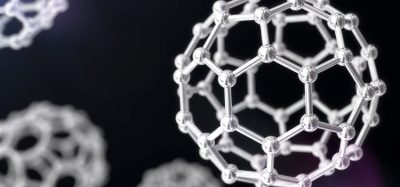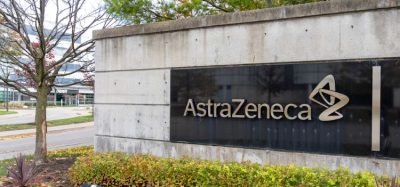Nanocarrier could revolutionise chemotherapy drug delivery
Posted: 3 March 2020 | Hannah Balfour (European Pharmaceutical Review) | No comments yet
Scientists have developed an innovative nanocarrier that can selectively target and deliver a chemotherapy payload to cancer cells without adverse effects on healthy cells.


A research team has shown that their economical, biodegradable and pH-responsive nanocarrier can effectively carry and deliver a chemotherapy drug payload to cancer cells in both cancer cell lines and murine models with tumours.
“We used a simple approach and readily available low-cost materials to prepare biocompatible and biodegradable pH-responsive hybrid nanoparticles for the effective delivery of chemotherapeutics specifically to tumour cells,” said Loganathan Palanikumar, a research associate in New York University Abu Dhabi’s (NYUAD’s) Magzoub lab and first author of the study. “Thus, unlike many nanocarriers, which require complex chemistry and costly equipment and materials, our nanoparticles can be easily prepared and used by other researchers, even those with limited resources.”
Th particle consists of a polymer core wrapped in a biocompatible and biodegradable protein shell. The core, already US Food and Drug Administration (FDA) approved, can be filled with a drug payload, including a range of cancer therapeutics. The protein shell design aims to prolong the time chemotherapeutics are in blood circulation, enabling smaller doses to be used and ensure that the nanocarrier can reach target tumour tissues intact and with the full drug payload.
The final aspect of the design is pH-responsive peptides on their surface, which facilitate cellular uptake specifically into cancer cells because the tumour microenvironment is acidic. Once inside the cancer cells, the intracellular conditions degrade the hybrid nanoparticles, releasing the chemotherapeutic agent.
The researchers experimented with the nanocarrier in a range of cell lines and in tumour-bearing mice, showing they had potent anti-cancer activity. According to the paper published in Communications Biology, treatment using drug-loaded nanocarriers resulted in substantial reduction in tumour volume and mass and prolonged survival. The team cited no adverse effects to healthy tissue.
“These novel pH-responsive hybrid nanoparticles are a highly promising cancer drug delivery platform that combines high stability with effective tumour targeting and triggered release of chemotherapeutic agents in cancer cells,” concluded NYUAD Assistant Professor of Biology, Mazin Magzoub.
Related topics
Anti-Cancer Therapeutics, Drug Delivery Systems, Nano-medicine, Nanoparticles, Research & Development (R&D)









